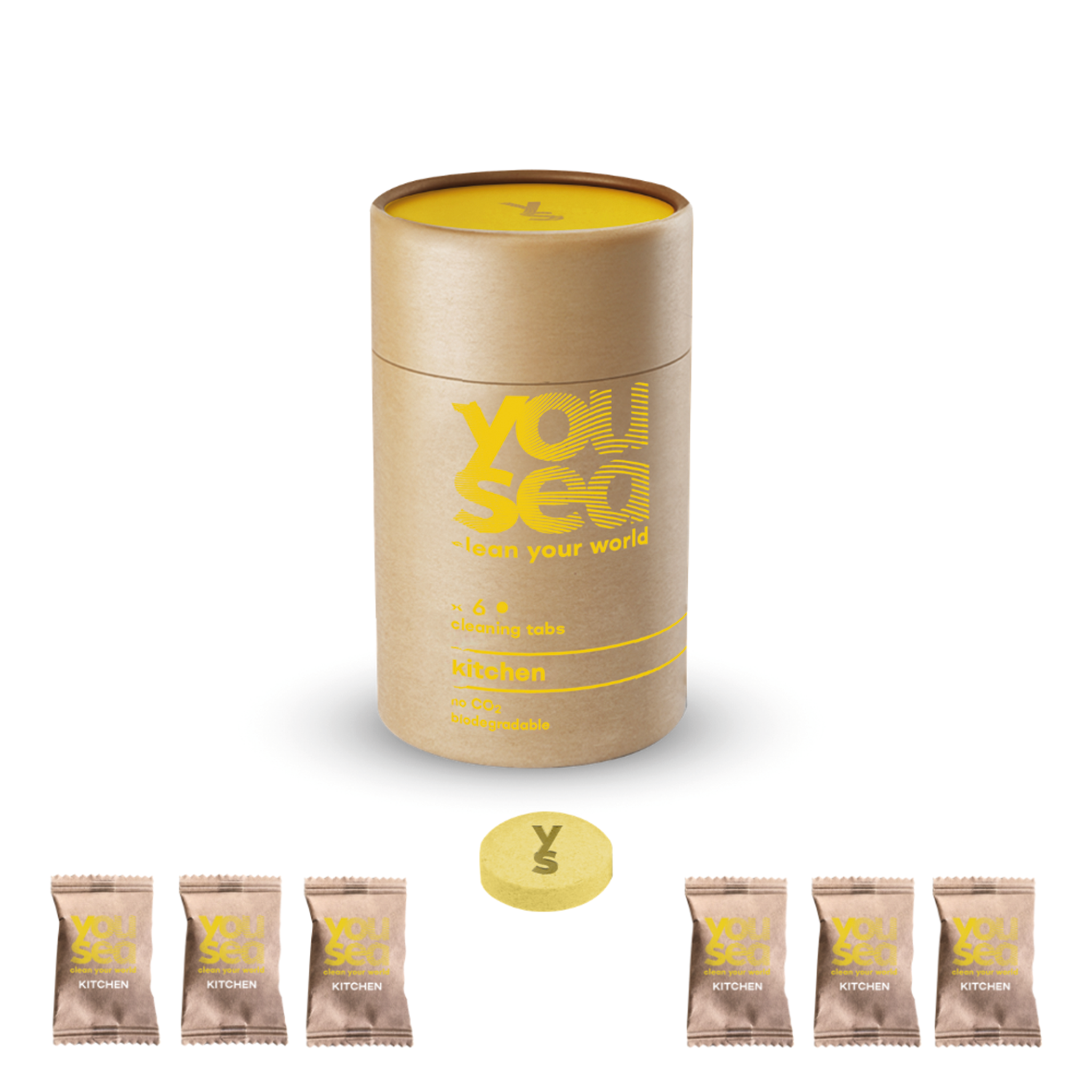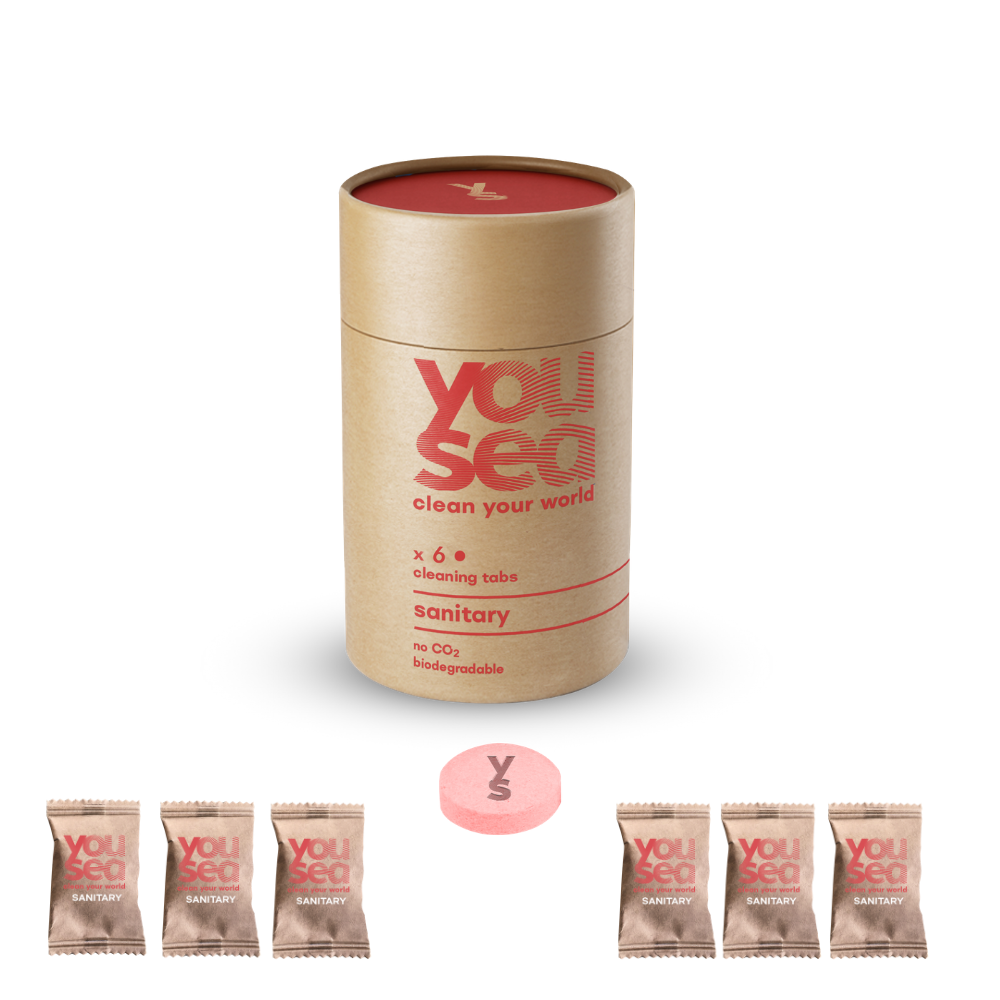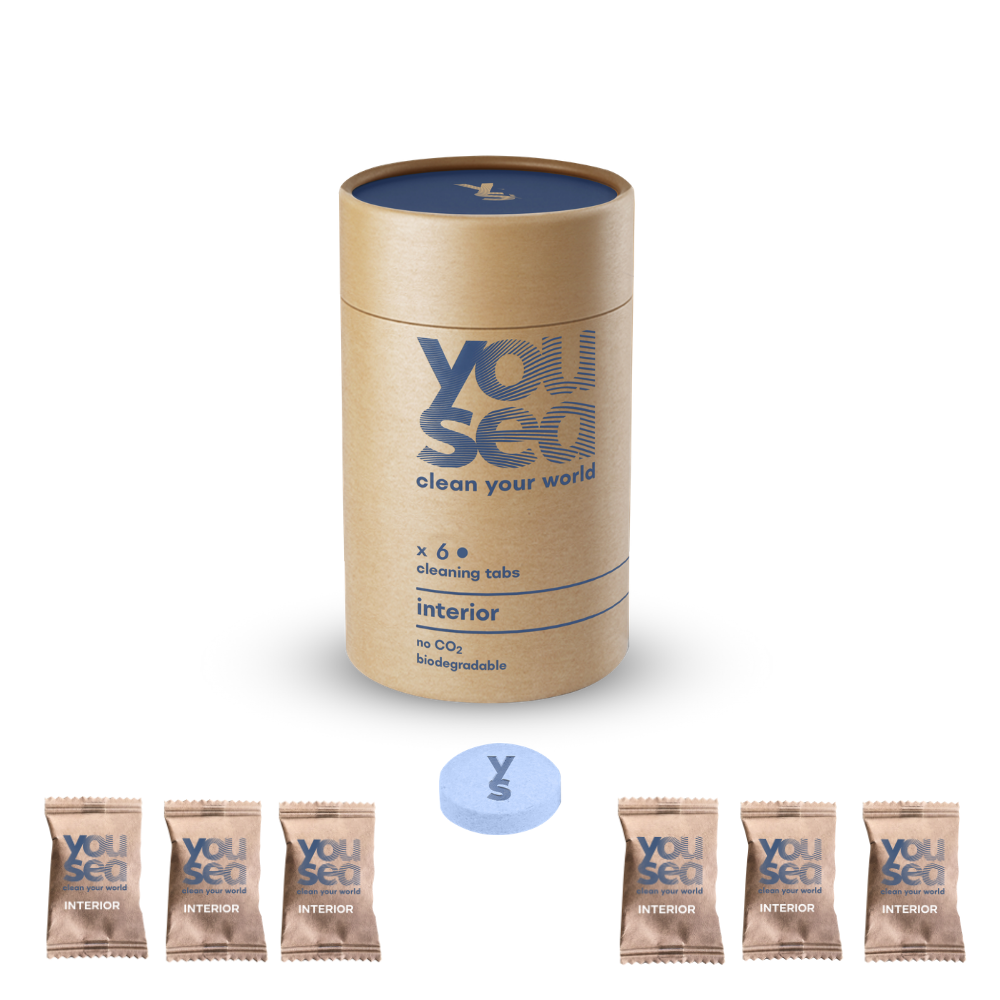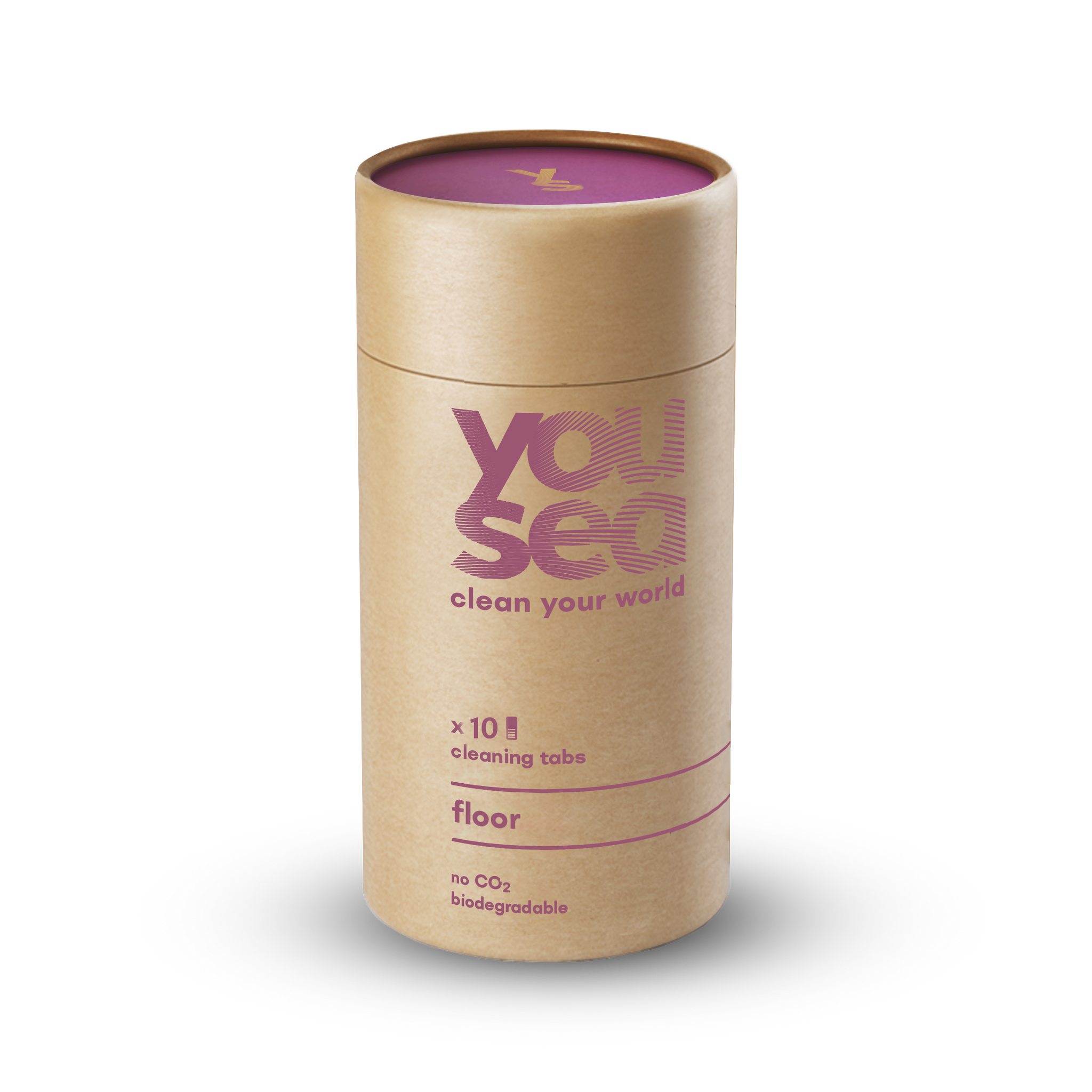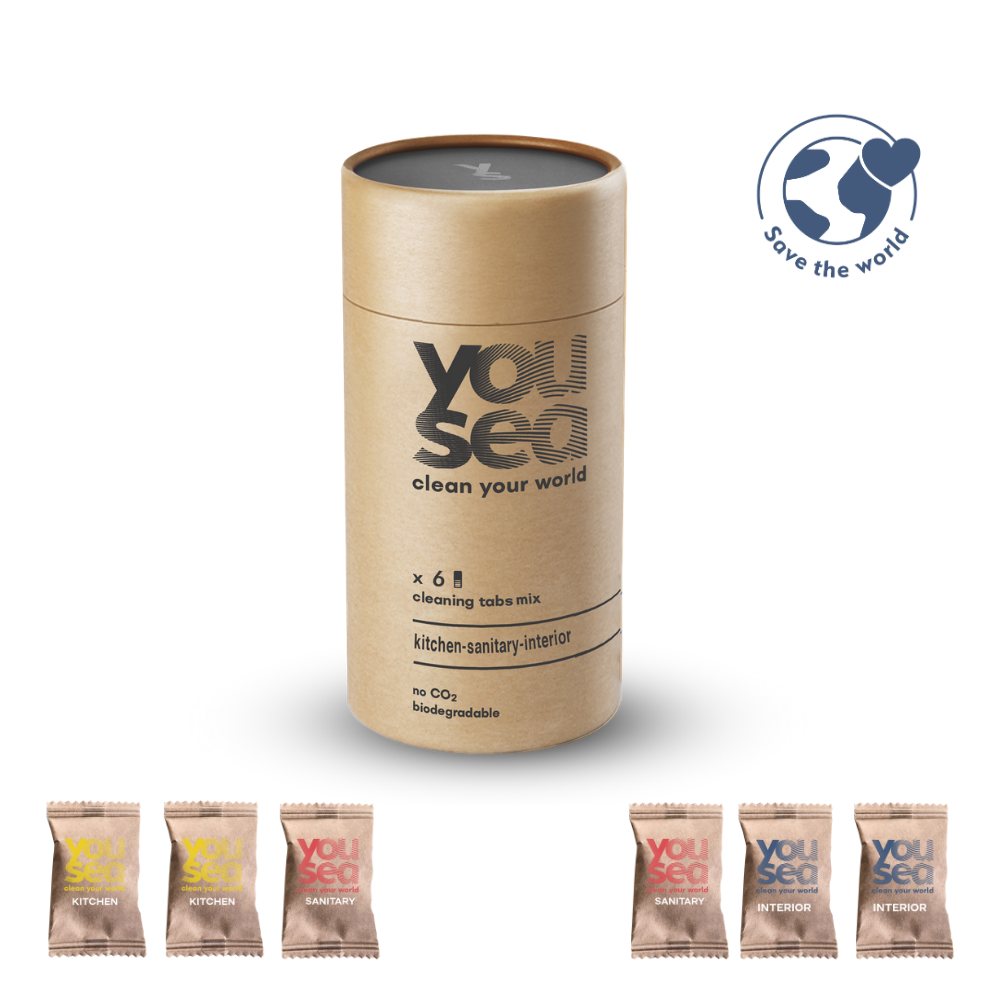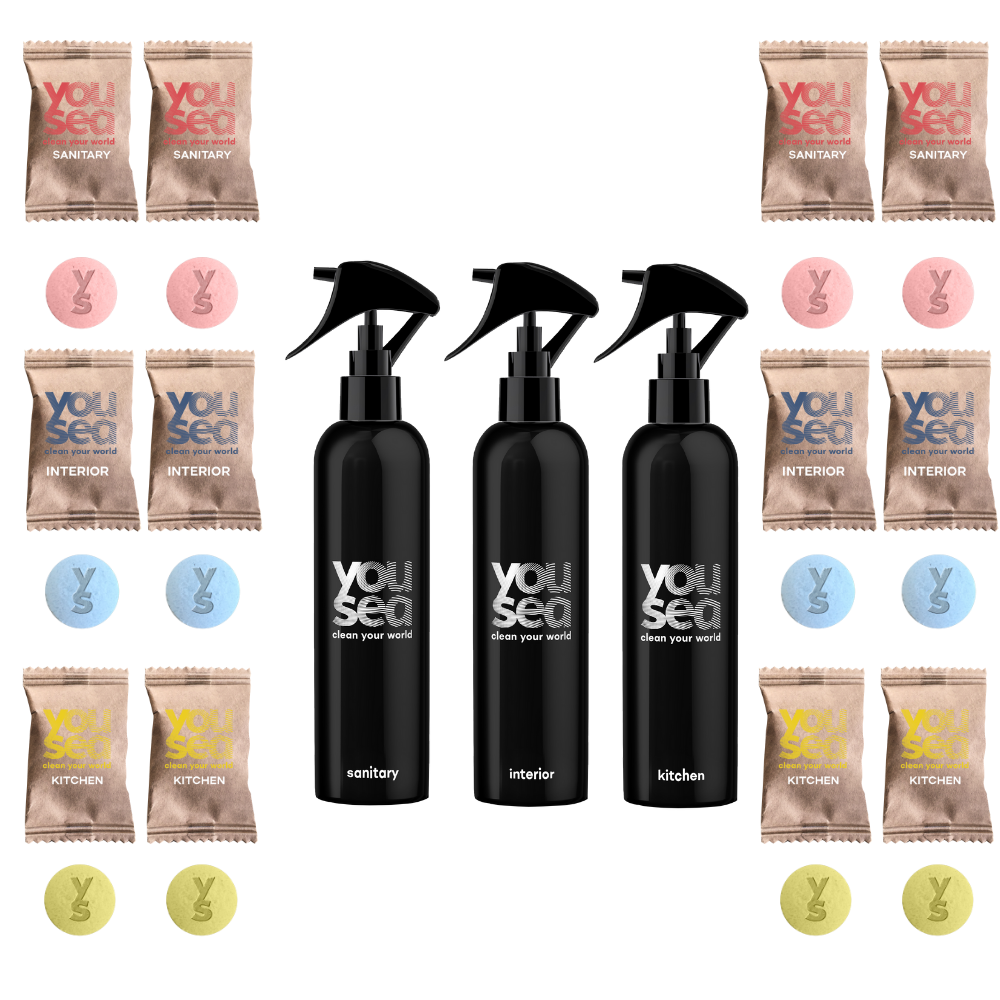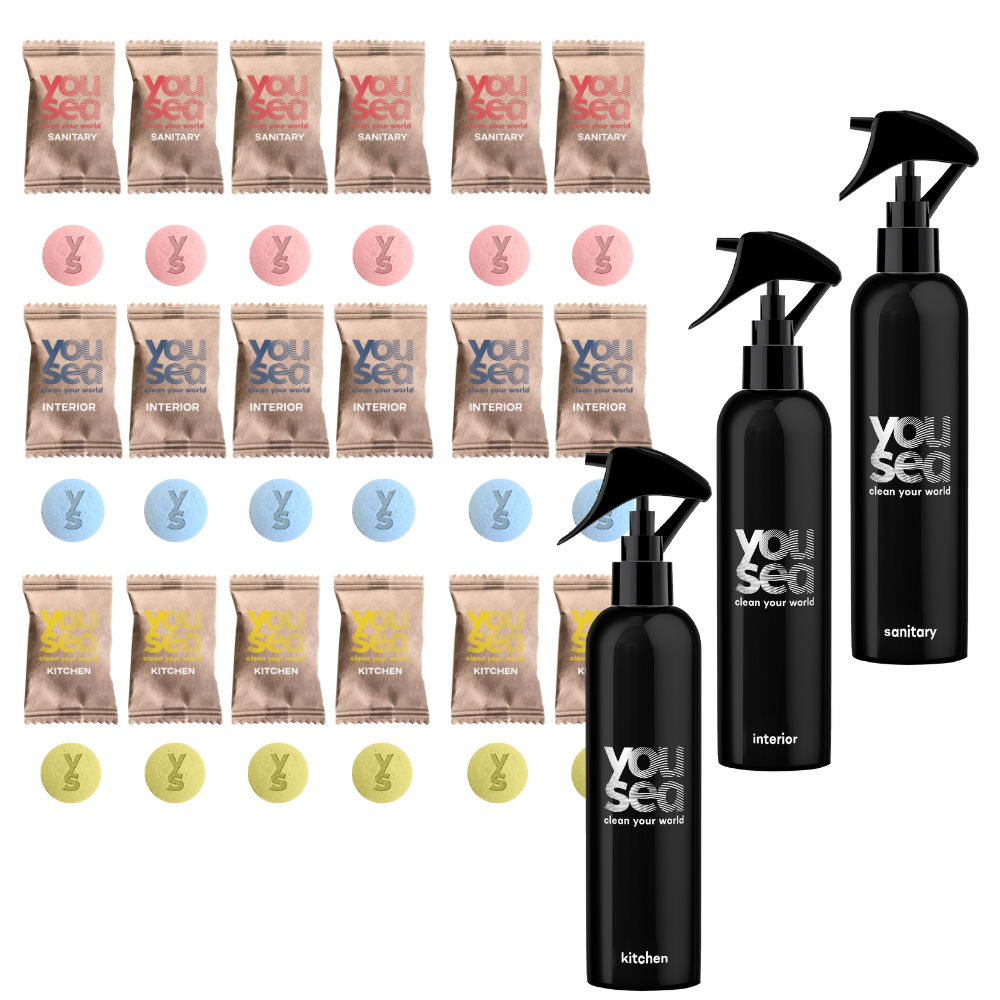Your shopping cart is empty.
Does plastic make you fat?
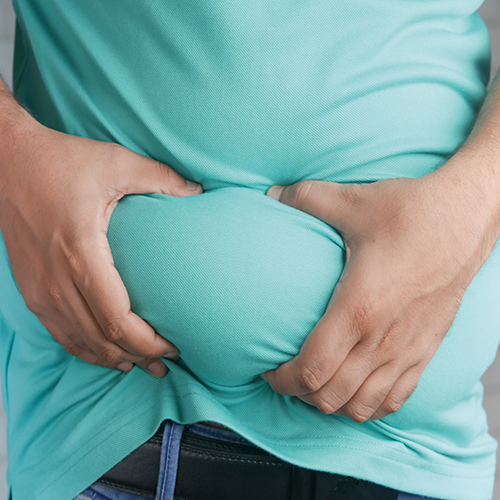

Recent research has shown that hormone-disrupting plastics contain chemicals. The chemicals found here include bisphenol A (BPA) and phthalates.
The Environmental Science and Technology has published a recent study in which they show that there are many more chemicals in the plastics. In this study they show how they tested 34 products. These are commonly used plastic products such as bath slippers, yogurt cups and shampoo bottles that can easily be replaced by a shampoo bar. Of these 34 products, she discovered that at least 1 third of the tested products contained chemicals that caused the growth of fat cells in the laboratory.
Co-author of this study and associate professor at the Norwegian University of Science and Technology (NTNU), Martin Wagner tells Ecowatch that the most important finding, he says, is that the plastic items we use every day contain chemicals that can disrupt our metabolism in a process we call adipogenesis. As is known, adipogenesis leads to the development of obesity or later overweight.
Mysterious Chemicals
The technique used during the research by the researchers was mass spectrometry. They examined food packaging such as yogurt cups and plastic bottles, as well as household items such as kitchen sponges and place mats. The aim of the study was to cover the main types of plastic polymers, Wagner said.
55.300 chemical features were found. Of this large number of chemical features, only 629 could be identified. Among these 629 chemical features, 11 were previously known metabolism-disrupting chemicals (MDCs). The scientists then tested whether exposure to the plastics could stimulate the precursor cells to change into fat cells.
First study author Johannes Volker of NTNU's Department of Biology said the following. "It is very likely that it is not just the usual suspect chemicals, such as bisphenol A, that cause these metabolic disorders. This means that plastic chemicals other than the ones we already know can contribute to overweight and obesity."
Causes of a pandemic
Obesity is known for contributing to physical illnesses such as cancer and heart disease. Obesity increases the risk of infections including COVID-19 and in some cases can even lead to death. It is therefore good to see if you can opt for a plastic-free existence for yourself. Start with sustainable cleaning and make sure that you no longer inhale plastic during cleaning and that you no longer have to throw plastic away. Sustainable cleaning is a method in which you clean without a plastic bottle. For example by using a refillable aluminum bottle.
A 2016 study found that the body mass index (BMI) for 36.377 American adults increased by a whopping 1988 kg/m2006 between 2,3 and 2, even when caloric intake and physical activity remained constant. At first it was always thought by the health experts that obesity is mainly caused by a combination of genetic predisposition, diet and exercise. The results of this study have led to the conclusion that there must be another factor that causes weight gain.

Does plastic make you fat? At first, health experts thought obesity was caused by a combination of genetics and lifestyle factors, but this doesn't explain all the data. This ultimately led to the conclusion that there must be another factor that promotes weight gain. But what could this factor be? One possible explanation for this is the culprit, the chemicals. The chemicals mess with the endocrine system, which controls appetite, metabolism and weight.
The study authors also wrote that the link between endocrine disruption and obesity led to the so-called obesogenic hypothesis, which states that environmental chemicals (obesogens) do contribute to obesity.
Pesticides are also a potential source of exposure to these chemicals. Plastics are therefore not the only potential source. A 2021 study found that chlorpyrifos can slow the calorie-burning efforts of brown fat in mice. Unfortunately, plastics have increasingly become a part of our daily lives.
"I really think the responsibility lies with the plastic products, because their job is to provide products that are actually safe for public health," Wagner told Ecowatch.
Is there a good chance that the chemicals in the 34 plastic products will actually enter the human body? "There are many possible ways," Wagner said. Especially when it is overheated, it is possible that plastic ends up in the food. Children could ingest it by chewing toys, for example. When you use plastic gloves, shampoo bottles instead of a shampoo bar or wear slippers, it is even possible that the plastic particles enter the human body through the skin. We can also simply inhale the particles, phthalates have even been found in household dust particles. When you choose sustainable cleaning, you choose a plastic-free environment without the use of plastic.
Losing the plastic weight
What can you do right now to ensure that plastic particles do not conflict with a diet or gym membership? Wagner stated that PVC and polyurethane products "really stood out" when it came to MDC content. PVC is often found in floors and also in placemats. If you want a clean environment with as little dust and plastic particles as possible, choose sustainable cleaning. You then clean plastic quite cleanly, so that you cannot inhale it. That's so safe!

